This article was medically reviewed by Lacy Windham, MD. Lacy Windham, MD, is a Board-Certified Obstetrician & Gynecologist in Cleveland, Tennessee. Dr. Windham attended medical school at the University of Tennessee Health Science Center in Memphis. Her residency was completed at Eastern Virginia Medical School in Norfolk, Virginia. She was the recipient of multiple awards during her residency training, including Most Outstanding Resident in Maternal Fetal Medicine, Most Outstanding Resident in Oncology, Most Outstanding Resident Overall, and Special Award in Minimally Invasive Surgery.
There are 18 references cited in this article, which can be found at the bottom of the page.
wikiHow marks an article as reader-approved once it receives enough positive feedback. In this case, 100% of readers who voted found the article helpful, earning it our reader-approved status.
This article has been viewed 84,548 times.
Studies show that once your estrogen levels begin to decline during menopause, your body’s ability to produce oil slows down, leaving your skin dry and itchy.[1] This can cause irritation, rashes, and red or raw skin. Fortunately, experts note that there are steps you can take to keep your skin from itching, including taking certain medications, changing your lifestyle habits, and trying different natural remedies.[2]
Steps
Treating Itchy Skin with Lifestyle Changes
-
1Take short showers using lukewarm water. To reduce itchy skin, keep showers or baths under 20 minutes and use lukewarm water instead of hot water. This routine helps promote your skin’s natural moisture and can help reduce itching.[3]
- Avoid hot showers as this can cause your skin to dry more and worsen the itch.
- Also avoid using perfumed soaps, shower gels and deodorants that may irritate the skin and opt for soaps that contain a moisturizer to help soften and hydrate skin.
- Pat dry your skin instead of rubbing it to reduce further irritation.
-
2Apply a moisturizer. If the itch is caused by dry skin, it is essential you moisturize your skin immediately after shower and at least twice a day to avoid dryness. Moisturizers help seal in your skin’s natural moisture and help promote a healthy and elastic skin.[4]
- Use unscented and hypoallergenic lotions (such as Eucerin and Cetaphil) or try oatmeal-derived moisturizers, such as Aveeno. You can even use plain Vaseline to lock in the moisture.
- Avoid using moisturizers that contain fragrances, alcohol or other irritating chemicals as these may worsen the itch.[5]
Advertisement -
3Use non-irritating clothing and fabrics. Avoid harsh and rigid fabrics (such as wool) as these can irritate your skin even more. Wear loose clothing that is made of non-irritating materials (such as cotton or silk).[6]
- Also wash your clothes using an unscented or hypoallergenic laundry detergent and avoid using fabric softeners. Some laundry detergents can leave a residue on the clothes, which can worsen the itch.
- You may also want to use cotton bed sheets that can help reduce irritation during the night.
-
4Include healthy fats in your diet. Omega-3s are essential fatty acids that help your skin produce oil and stay hydrated. If you lack these essential fats in your diet, your skin can get dry and itchy.[7]
- Good sources of omega 3 fatty acids are salmon, walnuts, eggs, sardines, soy, safflower oil and flax seeds.
- You can also take a fish oil or other omega-3 oil capsules to ensure you are getting enough.
-
5Stay hydrated. Our bodies are dependent on water to survive. A lack of water can lead to dehydration, resulting in dry and itchy skin.[8]
- The Institute of Medicine has determined that, on average, women should drink a minimum of nine cups of water a day.[9]
- If you exercise or live in a hot environment, increase your water intake.
-
6Reduce stress. Stress takes a toll on your body in many ways, including causing skin problems. Besides itching, many other skin problems also can be exacerbated by stress including eczema and dermatitis.[10]
- Reduce stress by making time for relaxing activities each day, such as meditation, yoga, walking, or reading.
- You can also try controlled breathing techniques to combat stress.
-
7Avoid consuming caffeine and alcohol. Both of these substances tend to act as diuretics, which cause you to urinate more frequently and cause you to become dehydrated. They may also affect blood flow in the skin, making itching worse.[11]
- Consume caffeine and alcohol in moderation, if you consume them at all.
-
8Take vitamins. If you are not getting all the essential vitamins from your diet, it may result in dry and unhealthy skin. Consider taking a vitamin supplement with vitamins C, D, E and K. You may also want to try topical creams with these vitamins to promote healthy skin and relieve itchiness.[12]
- Vitamin C is an antioxidant that works in collagen synthesis and decreases cell damage. You can take oral vitamin C or use a topical cream.
- Vitamin D3 (available as synthetic calcitriol) can be found in topical creams, which may be effective in treating skin conditions (such as psoriasis) by reducing skin inflammation and irritation.
- Vitamin E helps protect against sun damage and can reduce skin inflammation when applied topically.
- Vitamin K can be found in topical creams and although the scientific evidence of its effectiveness is not as strong as with vitamin C and E, it may help treat irritated skin.
Relieving Itchy Skin with Medications
-
1Try an anti-itch cream. Anti-itch creams help moisturize and soothe itchy skin. You can try over-the-counter topical anti-itch creams or, if these don't work, ask your doctor to give you a prescription for something stronger.
- Some common anti-itch creams include Aveeno and 1% hydrocortisone.
- If you try corticosteroids, apply the cream to the affected area, then soak a cotton material (such as a washcloth) in water and cover the area with the damp material. The moisture from the cloth will help the skin absorb the cream.[13]
- You should keep in mind that anti-itch creams are generally for short-term relief and short-term use (usually no longer than a week).
- You should also consider talking to your doctor about getting a prescription anti-itch cream that can generally be used for longer than a week.
-
2Ask your doctor about calcineurin inhibitors. These are topical creams that help reduce skin inflammation and can be used instead of anti-itch creams, especially if the affected area of skin is not too large.[14]
- Some of the available calcineurin inhibitors include tacrolimus (Protopic) and pimecrolimus (Elidel).
- However, as this drug can weaken your body’s immune system, use it according to instructions and never exceed the recommended dose.
-
3Take antihistamines. Antihistamines can help fight your itchiness by blocking histamine production, which is the chemical that causes an allergic reaction and makes you feel itchy. You can buy over-the-counter oral and topical antihistamine products from your local pharmacy[15]
- Antihistamines can be taken in oral form (pills and liquids) or topical form (creams and lotions). If the area of skin that itches is large, it is recommended you take an oral antihistamine that provides systemic relief. However, if the area is small and contained, you can use a topical cream for localized treatment.
- Make sure to take a non-drowsy antihistamine during the day (such as Claritin) and leave those that cause drowsiness for the night (such as Benadryl)
- Some common antihistamine brand names include Allegra, Claritin, Benadryl and Chlor-Trimeton.
- Remember to always follow directions stated on the drug label and never increase dose or take more than is directed.
-
4Talk to your doctor about hormone-controlling medications. Hormone replacement therapy helps replace the declining hormone levels (such as estrogen and progesterone) that occurs due to menopause. It is proven to reduce hot flashes, vaginal dryness, and decrease bone mineral loss. It may help with your itchy skin, though it is not marketed for this purpose.[16]
- Your doctor can prescribe a low-dose estrogen pill or a patch to help relieve symptoms of menopause.
- Your doctor may also recommend a combination therapy (estrogen/progesterone/progestin). This type of combined hormone therapy is used for women who still have a uterus and is given in low doses either by pill or patch.[17]
- Side effects of hormone therapy can include bloating, breast swelling and tenderness, headaches, mood changes, nausea, and vaginal bleeding.
-
5Ask your doctor about antidepressants and anti-anxiety medicines. Your doctor may also prescribe you antidepressants to treat your itchy skin. Selective serotonin-reuptake inhibitors have been shown to help reduce various types of skin itching.[18]
- One of the medications your doctor may recommend is buspirone. This anti-anxiety medicine helps treat itchy skin by blocking dopamine, the neurotransmitter that controls the brain’s reward and pleasure centers.[19]
- Your doctor may also recommend selective serotonin-reuptake inhibitors such as fluoxetine (Prozac) and sertraline (Zoloft).[20]
Using Natural Remedies
-
1Try aloe vera to soothe your skin. Aloe vera contains antifungal and antibiotic properties and has been used as a natural skin healer and moisturizer for decades. You may want to give it a try and see it can help reduce skin itching caused by menopause.
- You can purchase aloe vera gel from pharmacies.
- You can also buy the plant if you want a pure source of aloe vera gel. Break off a leaf from the plant and cut it open lengthwise. Scoop the gel out of the plant and rub it directly onto the irritated area.[21]
-
2Use Bentonite clay paste to sooth your skin. Clay has been used for centuries to heal and protect skin. Although it has not been scientifically proven to reduce itching caused by menopause, you may want to give it a try.[22]
- Mix clay and olive oil in a bowl with filtered water until it is creamy. Dab the paste onto the itchy skin areas and allow to dry. Rinse off the dried clay and repeat as needed.[23]
- You can also try a clay pack by spreading the clay on a piece of fabric. Then place the fabric on the itchy area with the clay directly touching the skin. Keep the clay pack on for roughly four hours or until the clay is hard and dry. Rinse off.
-
3Try apple cider vinegar to reduce itchiness. Apple cider vinegar has been used as an antiseptic, anti-fungal, and anti-bacterial agent that may also help treat itchy and dry skin.[24]
- Put a few drops of apple cider vinegar onto a cotton ball or washcloth and dab it on the affected area.
- Try to use raw, organic, and unfiltered apple cider vinegar if you can.
-
4Use peppermint leaves. Although using peppermint for menopause symptoms is not proven, it helps soothe itchy skin and may be worth the try to reduce itching caused by menopause. As an added bonus, it also provides a cooling sensation that can give you much needed relief.[25]
- Crush up peppermint leaves in a bowl and rub them directly onto the affected area.
- You can also make peppermint ice cubes to numb itchy skin and bring down inflammation. If you want to try this, mix the crushed peppermint leaves with filtered water. Fill an ice tray with the mixture and freeze. Apply the ice cubes over the affected area in a towel (do not use directly on the skin as this may results in freezing injury).
- You can also try peppermint oil to reduce itching by rubbing it over the affected area.
-
5Use oatmeal paste to reduce itching. Oatmeal contains compounds that help reduce inflammation and sooth itchy skin. You can make an oatmeal paste or take an oatmeal bath to reduce itchiness.[26]
- Add water to a cup of plain uncooked oatmeal and let it sit for a few minutes until it becomes a paste. Apply the paste over the itchy area.
- Or you can try an oatmeal bath by mixing olive oil, baking soda, and ground oats in water. Soak the itchy skin area for 20 minutes.
- You can use oatmeal flakes from the store or purchase colloidal oatmeal preparation from a drugstore.
-
6Use a cool, wet compress to reduce itchy skin. Applying a towel dampened with cool water over the itchy area may help reduce the irritation. This is specifically helpful overnight if the itching causes you to lose sleep.
- Covering the area with a wet towel also helps protect your skin and prevents you from scratching it during the night.
- You can also try other remedies to reduce nightly itching mentioned here.
-
7Try herbal creams. Topical creams that contain chamomile (Matricaria recutita), chickweed (Stellaria media), marigold (Calendula officinalis), hazel (Hamamelis virginiana) and/or licorice (Glycyrrhiza glabra) may also help relieve itchy skin.
- Before using these creams, talk to your doctor, and stop using the cream if any irritation or worsening of symptoms occurs.
- Another herb that may help is St. John's wort (Hypericum perforatum). In a clinical study, people with eczema who used a topical cream with St. John's wort experienced improvement in symptoms compared with people using placebo cream.
-
8Try acupuncture and homeopathic medicine. Acupuncture has been shown to reduce symptoms of eczema and thus, might be worth to try to reduce itching caused by menopause. However, keep in mind that more study is needed to confirm the safety and effectiveness of acupuncture for itchy skin.
- You may also want to try homeopathic medicine to reduce itching. Calendula, sulphur, Urtica urens, and Rhus toxicodendron are used by some homeopaths to treat eczema. Ask your homeopath if they could be used to treat itchy skin resulting from menopause as well.
References
- ↑ https://www.aad.org/public/everyday-care/skin-care-secrets/anti-aging/skin-care-during-menopause
- ↑ https://www.aad.org/public/everyday-care/skin-care-secrets/anti-aging/skin-care-during-menopause
- ↑ http://www.nhs.uk/Conditions/Itching/Pages/Treatment.aspx
- ↑ https://www.mayoclinic.org/diseases-conditions/itchy-skin/diagnosis-treatment/drc-20355010
- ↑ https://www.aad.org/dermatology-a-to-z/health-and-beauty/general-skin-care/dry-skin-tips
- ↑ http://www.nhs.uk/Conditions/Itching/Pages/Treatment.aspx
- ↑ http://www.webmd.com/beauty/skin/menopause-dry-skin-hormone-connection?page=1
- ↑ http://www.mayoclinic.org/healthy-living/nutrition-and-healthy-eating/in-depth/water/art-20044256
- ↑ http://www.mayoclinic.org/healthy-living/nutrition-and-healthy-eating/in-depth/water/art-20044256
- ↑ http://www.health.harvard.edu/newsletter_article/Recognizing_the_mind-skin_connection
- ↑ http://www.nhs.uk/Conditions/Itching/Pages/Treatment.aspx
- ↑ http://www.healthline.com/health/4-best-vitamins-for-skin#Overview1
- ↑ http://www.mayoclinic.org/diseases-conditions/itchy-skin/basics/treatment/con-20028460
- ↑ http://www.mayoclinic.org/diseases-conditions/itchy-skin/basics/treatment/con-20028460
- ↑ http://www.mayoclinic.org/diseases-conditions/itchy-skin/basics/treatment/con-20028460
- ↑ http://www.webmd.com/menopause/guide/menopause-hormone-therapy
- ↑ http://www.webmd.com/menopause/guide/menopause-hormone-therapy
- ↑ http://www.mayoclinic.org/diseases-conditions/itchy-skin/basics/treatment/con-20028460
- ↑ http://cutaneouslymphoma.stanford.edu/community/itch.html
- ↑ http://www.mayoclinic.org/diseases-conditions/itchy-skin/basics/treatment/con-20028460
- ↑ http://www.thegardenhelper.com/aloe~vera.html
- ↑ http://www.ncbi.nlm.nih.gov/pmc/articles/PMC2895274/
- ↑ http://everydayroots.com/bentonite-clay-poultice
- ↑ https://www.psoriasis.org/treating-psoriasis/complementary-and-alternative/herbal-remedies/
- ↑ http://health.howstuffworks.com/wellness/natural-medicine/herbal-remedies/peppermint-herbal-remedies.htm
- ↑ https://www.nlm.nih.gov/medlineplus/ency/article/003217.htm

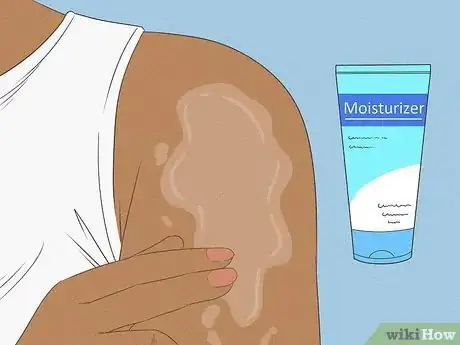

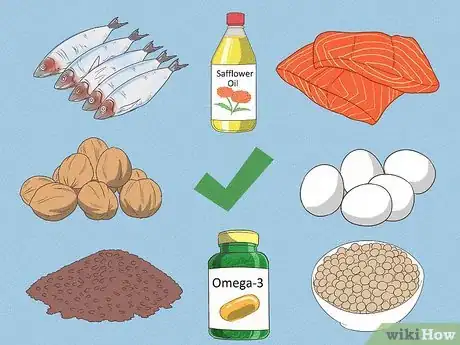
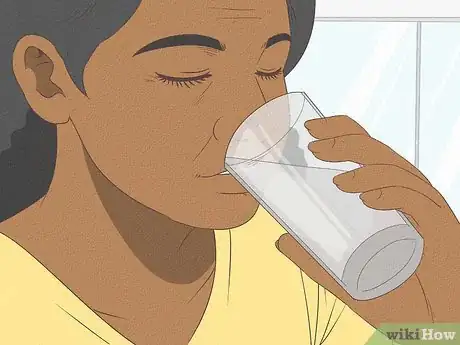

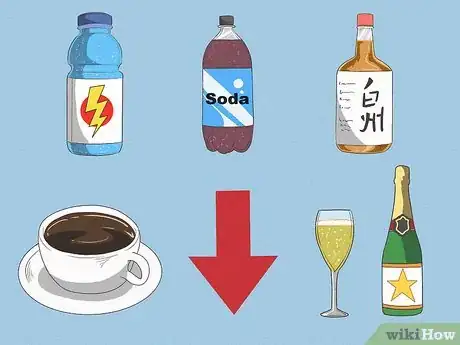
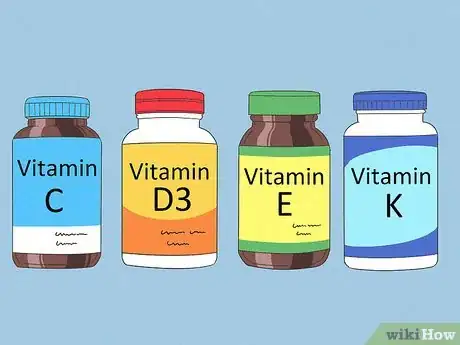
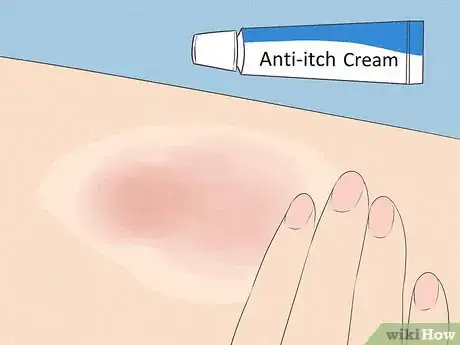
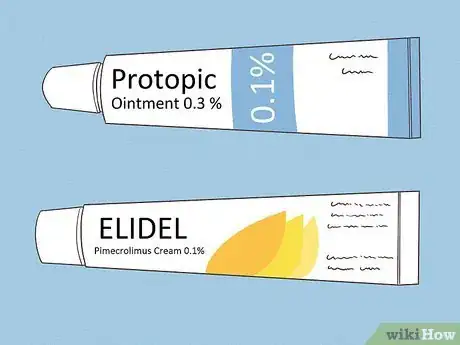


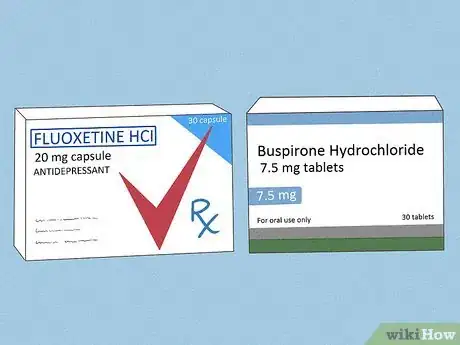
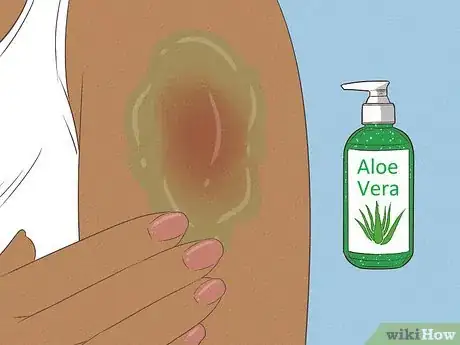
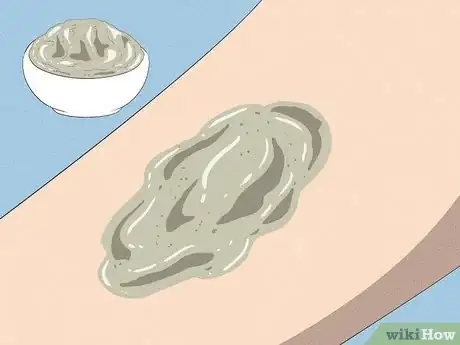

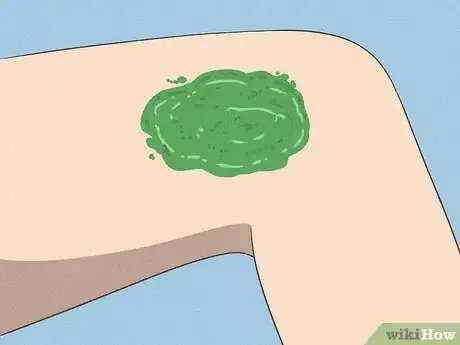
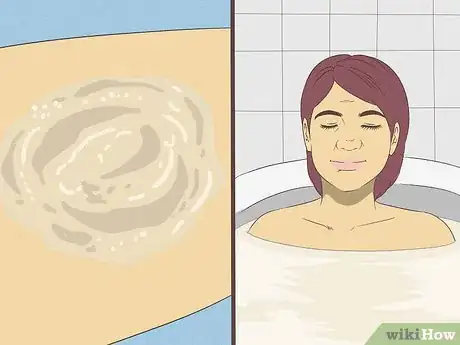
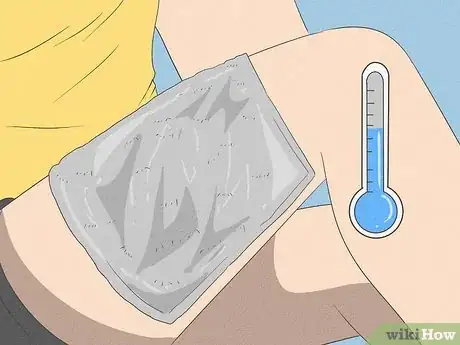
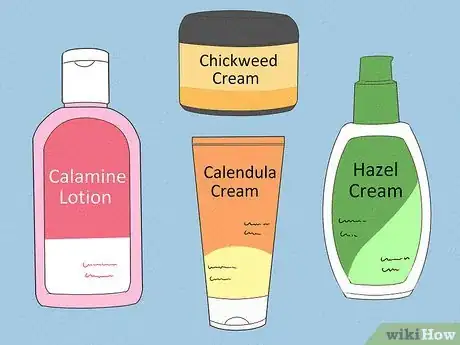
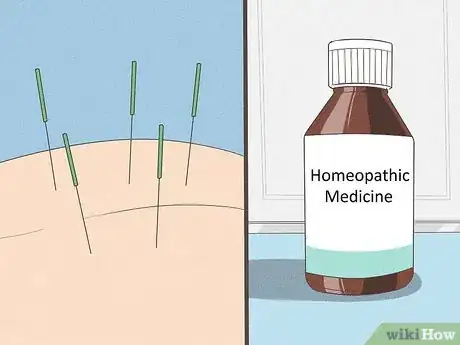
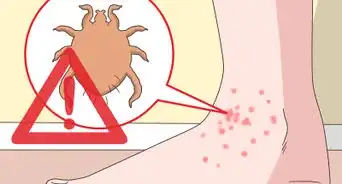
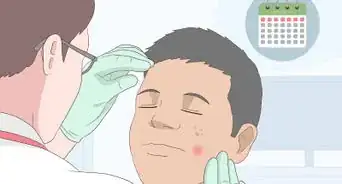
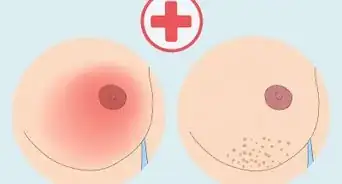
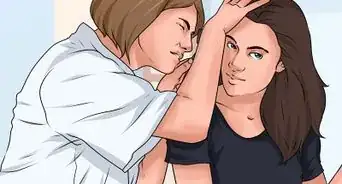
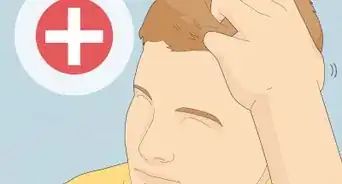
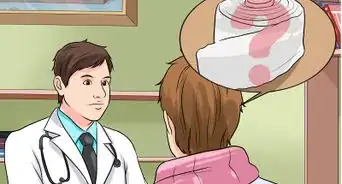
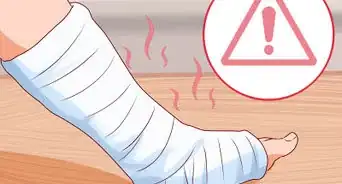
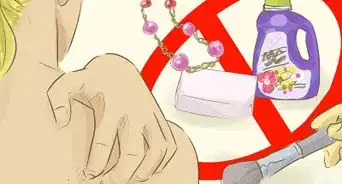
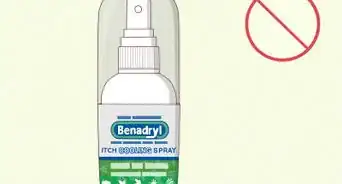
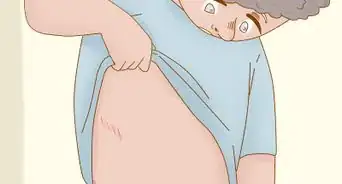
-Step-10.webp)

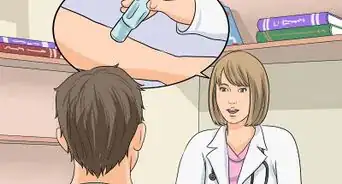











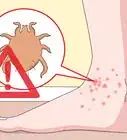
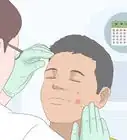
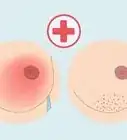




































Medical Disclaimer
The content of this article is not intended to be a substitute for professional medical advice, examination, diagnosis, or treatment. You should always contact your doctor or other qualified healthcare professional before starting, changing, or stopping any kind of health treatment.
Read More...